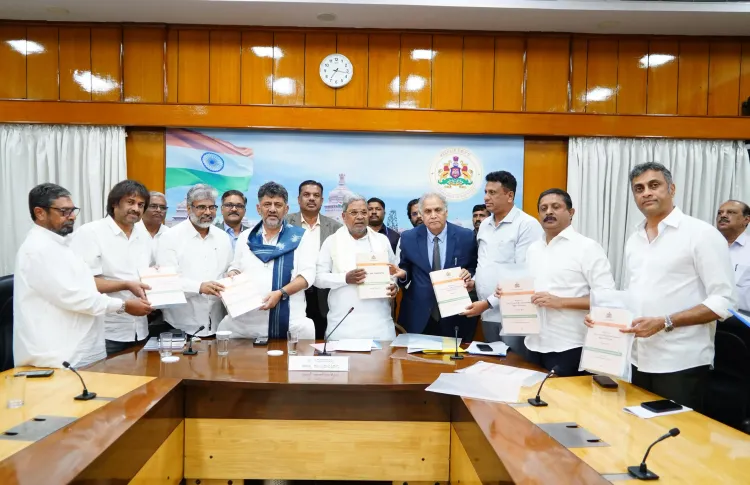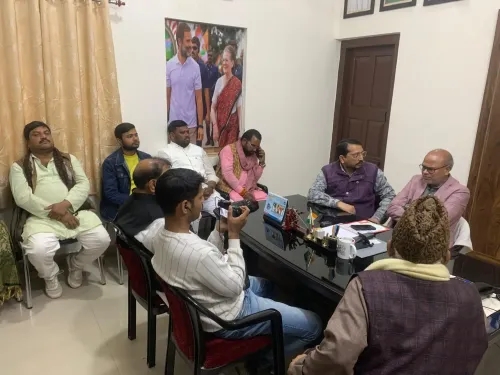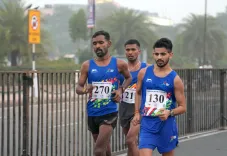What are the key recommendations from the State Education Policy report submitted to K'taka CM?

Synopsis
Key Takeaways
- Introduction of sex education in pre-university programs.
- Full financial support for Muslim students.
- Localized curricula to reduce reliance on NCERT textbooks.
- Mandatory Kannada education up to Class 5.
- Establishment of a regulatory body for private institutions.
Bengaluru, Aug 8 (NationPress) Sukhadeo Thorat, the head of the State Education Policy Commission, presented a comprehensive 2,197-page report to Karnataka Chief Minister Siddaramaiah on Friday.
The Commission has put forth a recommendation for the integration of thorough sex education into the curriculum for pre-university students (Classes 11 and 12).
Among the significant recommendations are provisions for complete financial assistance to all students from the Muslim community pursuing higher education, along with initiatives aimed at enhancing the enrolment of Muslim female students in rural regions.
The report also suggests offering scholarships for all students from low-income backgrounds based on merit and advises discontinuing the reliance on NCERT textbooks for primary education.
Organized into three volumes, the report includes: Volumes 1A and 1B, each with 580 pages dedicated to school education; Volumes 2A and 2B, containing 455 pages each, that focus on higher education; and a third volume on professional courses, comprising 450 pages.
An official statement from the Chief Minister's Office (CMO) stated, "The Commission's recommendations are grounded in a detailed understanding of current realities. This is the first instance where Karnataka's educational systems have been validated using official data and consultations with a variety of stakeholders."
"These recommendations emerge from comprehensive empirical data and the experiences of individuals who have significantly contributed to the education sector over the years at both national and state levels," the CMO added.
The report outlines 26 recommendations for school education, advocating for a 2+8+4 structure: two years of pre-primary, eight years of primary, and four years of higher middle education.
It also proposes making Kannada mandatory until Class 5 across all educational boards and implementing a two-language policy that includes Kannada/mother tongue along with English.
Other suggestions for school education include decreasing dependence on NCERT textbooks through curriculum localization and increasing education expenditure to 30% of the total state budget.
In terms of higher education, the Commission has proposed 51 recommendations, including the continuation of the admission policies that were in place prior to the implementation of the National Education Policy (NEP) 2020, introducing integrated five-year graduation-postgraduation programs, enforcing reservation policies in private institutions, and incorporating comprehensive sex education into pre-university curricula.
The Commission also recommended the creation of a permanent regulatory body to supervise fee structures in private institutions. It reaffirmed the necessity for full financial support for Muslim students and called for strategies to increase the enrolment of rural Muslim female students.
Moreover, it advised merit-based scholarships for students from low-income families who gain entry into private institutions. The report features 20 recommendations specifically concerning professional courses.










